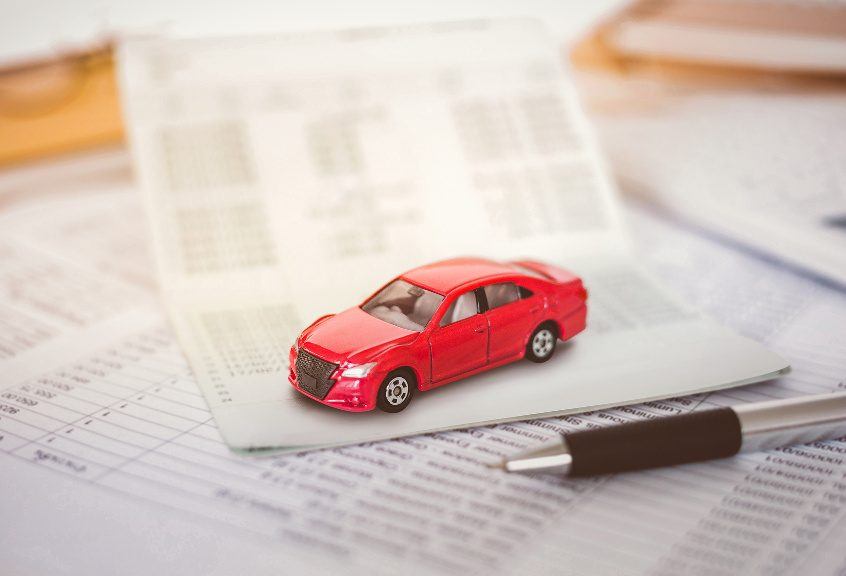If you’re a business owner who relies on your car to getaround, you’ve probably heard that you can save money on your taxes by taking a vehicle tax deduction.
A vehicle tax deduction is a write-off that business owners can take for vehicles they use for business purposes. If you are claiming the home office deduction, this can even turn your daily commute to your place of business or office into a deductible expense.
In order to take the deduction, best practice is to keep track of your vehicle mileage throughout the year (both business and personal) and your actual vehicle expenses incurred, including things like gas, maintenance, and repairs. You’ll also need to be able to prove that the vehicle is used for business purposes—so be sure to keep records of where and when you use the vehicle for business travel. The amount of the deduction will depend on a few factors, including the percentage of business use vs. personal use (based on mileage) and the type of vehicle. But, in general, the deduction can be a significant amount of money that can help you and your business save on taxes.
How to Calculate the Vehicle Tax Deduction
There are two ways to calculate your vehicle tax deduction: the mileage method and the actual expense method.
With the simpler of the two methodologies – the mileage method – you can deduct a set amount per mile driven for business purposes. The IRS mileage allowance varies by time period– but for the second half of 2022 business owners can deduct 62.5 cents per mile driven for business purposes.
On the other hand, with the more complex actual expense method, you can deduct the actual cost of operating your vehicle for business purposes. This includes gas, oil, repairs, tires, insurance, and the cost of the vehicle itself (i.e. lease payments for leased vehicles or via a concept known as depreciation for purchased vehicles). For a purchased vehicle, you may even be able to deduct a big chunk of what you paid for the vehicle in the year of purchase — for smaller vehicles, typically this could be up to $18,000, and for larger vehicles it could even be 100% of the purchase price. To figure out the deductible portion, you still need to track mileage though – and determine the percentage of business mileage over your total mileage, and then this percentage would be applied to the applicable expenses to determine the deductible amount.
Generally, for a particular vehicle, once you utilize the actual expense method in one year, you cannot switch back to the mileage method in another year – so great care must be taken to do a thorough analysis in Year 1.
Documenting a Vehicle Tax Deduction
When it comes to deducting vehicle expenses, documentation is key. Whether you are using the mileage method or the actual expense method, you should keep a mileage log to record your business trips. A nice, easy way to document your total mileage for the year is to take a picture of your speedometer on the first and last day of the year. Also, for any significant vehicle expenses incurred, be sure to save applicable documentation, receipts, etc. – stow it away for a rainy day and hope you never have to use it, but if the IRS does ever come along you’ll be happy you have it.
The process can be a bit daunting, particularly for those business owners taking advantage of the actual expense method, but it’s certainly worth it to potentially reap the benefits of a sizeable, annual deduction.

